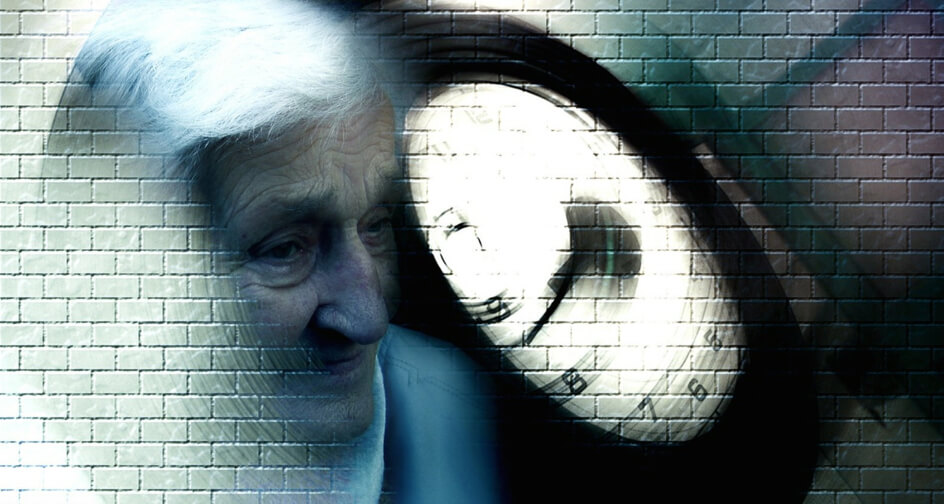Dementia progresses through various stages, each presenting distinct symptoms and challenges for individuals and their caregivers. Stage 4 dementia, also known as moderate dementia, is characterized by noticeable cognitive decline and increasing impairment in daily functioning.
Let’s explore what Stage 4 dementia looks like and how to identify its symptoms.
What Does Stage 4 Dementia Look Like?
Stage 4 dementia marks a significant transition in the progression of the condition, with individuals experiencing moderate cognitive impairment and functional limitations.
Here are some common characteristics and symptoms associated with Stage 4 dementia…
- Memory Impairment – Memory loss becomes more pronounced in Stage 4 dementia, with individuals experiencing difficulty recalling recent events, conversations, or information. They may also struggle to recognize familiar faces, names, or places.
- Language Difficulties – Communication challenges emerge in Stage 4 dementia, with individuals experiencing difficulties finding the right words, following conversations, or expressing themselves coherently. They may rely on gestures, simple phrases, or repetitive speech patterns to communicate.
- Impaired Problem-Solving Skills – Cognitive deficits in executive function become apparent in Stage 4 dementia, leading to difficulties with problem-solving, planning, organization, and decision-making. Individuals may struggle to complete familiar tasks or follow multistep instructions.
- Decreased Independence – Functional abilities decline in Stage 4 dementia, with individuals experiencing increasing dependence on others for assistance with daily activities such as dressing, grooming, and meal preparation. They may require supervision or assistance to ensure safety and well-being.
- Behavioral Changes – Behavioral symptoms, such as agitation, irritability, anxiety, or depression, may manifest in Stage 4 dementia. Individuals may exhibit changes in mood, personality, or social behavior, which can be distressing for both the individual and their caregivers.
- Spatial and Visual Perception Challenges – Spatial and visual perception difficulties may arise in Stage 4 dementia, leading to problems with depth perception, visual processing, and spatial awareness. Individuals may have difficulty navigating familiar environments or recognizing objects.
- Increased Risk of Wandering – Wandering behavior becomes more common in Stage 4 dementia, posing a safety risk for individuals who may become disoriented or lost when exploring their surroundings. Caregivers should take precautions to prevent wandering and ensure the individual’s safety.
Stage 4 dementia is characterized by moderate cognitive decline and increasing functional impairment, presenting challenges for individuals and their caregivers. Recognizing the symptoms of Stage 4 dementia is crucial for providing appropriate support and interventions to enhance quality of life and promote safety and well-being.
Stay tuned for more insights on dementia care, symptom management, and strategies for supporting individuals and families affected by dementia.


